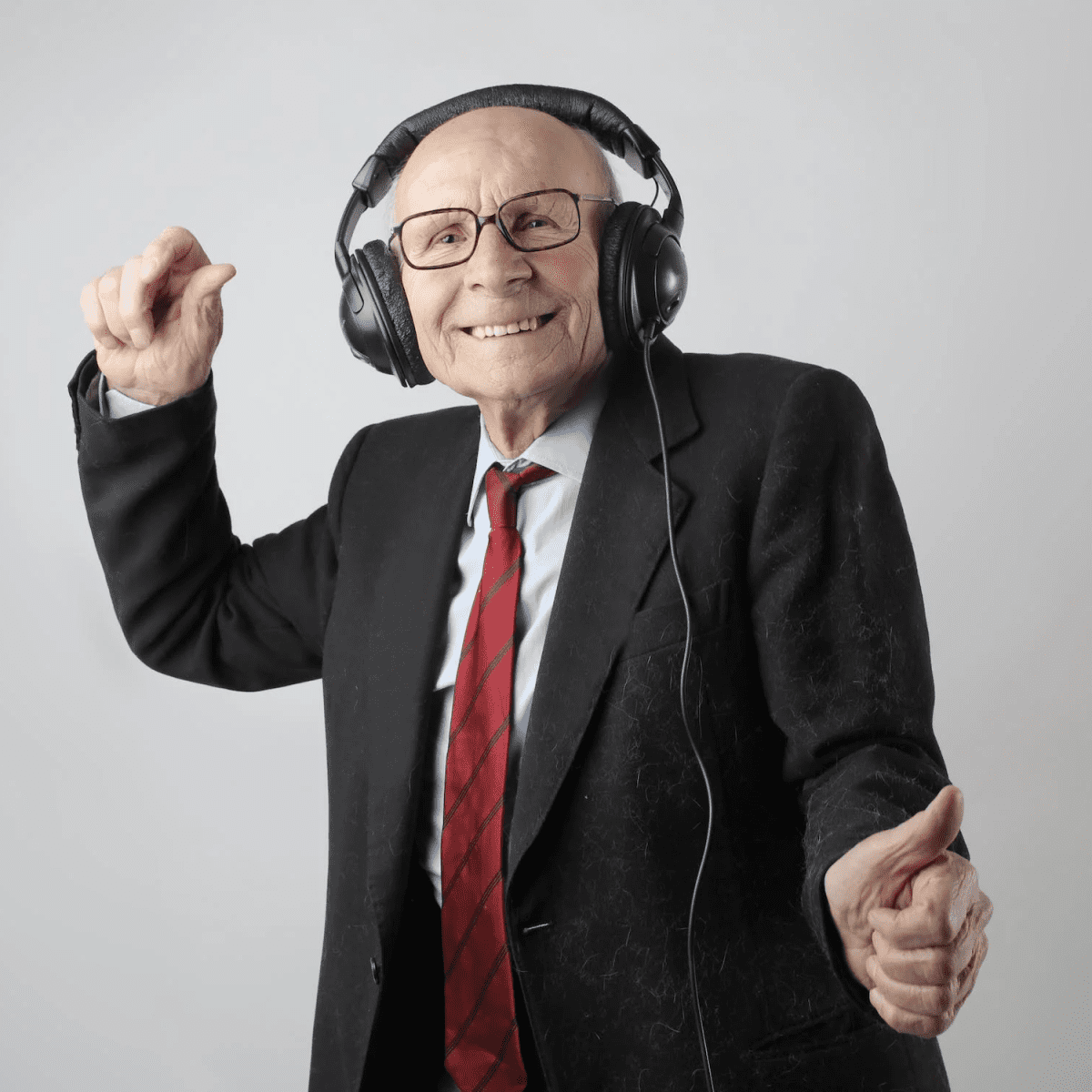Music can be a potent medium as well as an integral part of our everyday lives. Music encompasses, from advertisements to anthems, from nursery rhymes towards the self-repeating jingles we use as being a memory device.
Inside your teen years, a lot of your friends likely followed exactly the same, or similar, music and artists. Shared music can produce a communal feeling and togetherness, potentially introducing you to people you’ll have never met.

Certainly one of music’s main benefits is bringing together those who may well not otherwise know the other. For folks or grandparents who cannot communicate as effectively because of medical or language barriers, songs, melodies, and sounds can bring unity without words.
Sometimes, culture will get lost between generations, particularly when languages aren’t offered. Music can connect the older and younger generations that assist preserve culture, being a parent or grandparents often share cultural traditions and stories through songs or teaching instruments.
Encourages exercise and health
Once they hear a great beat, a lot of people can’t help but move somewhat – even when they “can’t dance.” Whether the one you love is often while working out, loves to continue walks, or perhaps would rather dance, music is a superb way to get them up on their feet.
Being active is important the home chef as it strengthens parts of your muscles and bones, cuts down on risk of disease and illness, and improves overall mobility superiority life. Some people aren’t keen on the gym, but that’s only one method to exercise! A fantastic song could get your heart pumping as well as your body moving.
Can improve mental health
Music can drastically affect our feelings whilst of mind. It’s got which may reach deep emotional aspects of the brain and evoke strong emotions. Happy, joyful music triggers our brain’s dopamine receptors, which ends up in mood boosts and a more positive outlook on life. As opposed, sad music is likely to have the opposite effect.
How you feel will likely follow suit with respect to the form of music you listen to. For example, when coming to the gym, athletes often play hype music to help them push for his or her best, and composers use intense music to trigger fear, surprise, and suspense in film scores.
Music can help those that suffer from anxiety or depression by calming and reducing those feelings. Some therapists even use music to understand more about emotions individuals don’t necessarily possess the words to state.
The most effective songs for seniors are the ones that mean something to them. Ask the one you love with regards to their favourite songs, or introduce these to something totally new!
It improves concentration and focus.
Playing an instrument is a good method to build concentration and focus. New skills require steady attention and perseverance to understand. Studies show that learning a device strengthens the grey matter within the brain, fosters more communication between the nearly everywhere sides with the brain, and improves overall cognitive ability.
As a result, people who play instruments have better concentration, memory, fine motor skills, and overall brain strength. This fact remains true even though you started learning being an adult.
In case your cherished one has always aspired to learn to play music, cause them to achieve this. Besides learning an instrument improve cognitive function, but it’s also fun! It could introduce new friends and new experiences.
Music is associated with memory.
Sound is a close second to smell when it comes to probably the most memory-linked senses. Music includes a distinct method of triggering our memory, as certain sounds and songs often emphasize memorable moments we keep all-around our hearts. They could help bring us back to the places we’ve been which help us can remember the people we knew.
Therapists often recommend or integrate music therapy for the people with Alzheimer’s or dementia. Regardless of the condition, music often revives memories that will preferably be forgotten. For musicians especially, there have been many cases where muscle memory gets control, and despite the presence of dementia, they can play and improvise songs perfectly.
However, the most common utilization of tunes and melodies is to ease the anxiety and depression that will using the diagnosis and continuing development of dementia. Experts say the best music for seniors with dementia is familiar, calming or happy.
Regardless of whether your parent or grandparent doesn’t have dementia, music can revive fond memories and transport it well to “the good ol’ days.”
To stimulate diet and weight loss, a number of locations have music programs to supplement our memory care program and improve our residents’ standard of living. By way of example, our Seasons Amherstburg location hosts weekly music days where our staff connect to residents to enable them to feel maintained and included.
Ways to strengthen your loved one incorporate music in their life
Since you’re familiar with some of the benefits associated with music, below are a few ways you can integrate the beauty of music in your parent or grandparent’s lifestyle:
Curate a playlist on a CD or even a music-playing website (i.e., YouTube, Spotify, etc.).
Find live music in your community. (i.e., A jazz bar, a college band or possibly a musical theatre show).
Introduce them to a music streaming platform and teach them utilizing it to discover their favourite songs.
Recommend music therapy.
Cause them to become learn a device, sing or dance.
Cause them to become inside a dance class or choir group in a community centre or church.
Conclusion
Music is a beautiful strategy to express what is not expressed through words. Hence, it’s an excellent opportinity for seniors to alleviate stress, boost their mood, and enhance their overall outlook on life.
More info about retirement songs take a look at our new web portal
